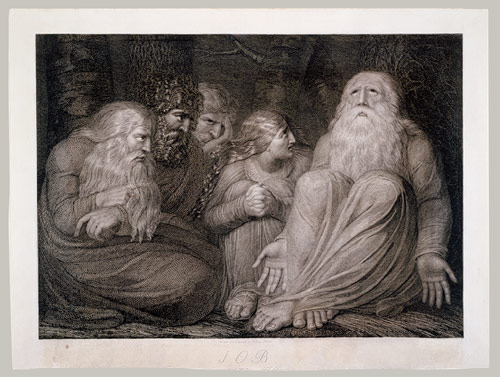
Coffee has been a subject of some uneasiness on this blog from the time I climbed on. There used to be a mission statement around here somewhere that said (I quote from memory), “Book reviews, creative culture, and coffee.” It’s no secret to any fair-minded reader that Phil has discriminated against me constantly because I don’t consume the vile stuff.
My isolation is increased by the importance of coffee in Norwegian-American culture. If I had a nickel for every time somebody has said to me, “What kind of Norwegian are you? You don’t drink coffee!” I’d be able to afford… a cup of coffee, I guess, because they cost a lot of nickels these days. But how did coffee get to be so important to Norwegians? I now know the answer, thanks to a book I’m reading.
I was recently given, as a birthday present, an interesting work by Kathleen Stokker, Remedies and Rituals: Folk Medicine in Norway and the New Land. It’s mostly about the superstitious – but sometimes scientifically valid – remedies Norwegians have used through history, and the sometimes celebrated, sometimes persecuted, but always feared people who practiced them.
One of the subjects covered is the use of brennevin (distilled spirits), which held an important place in folk medicine. That touches on the subject of the general use of alcoholic beverages in Norwegian history. The Norwegians, like all Europeans, were drinkers from the earliest times. But they mostly drank beer, and often quite weak beer. Later brennevin appeared, but its use was generally restricted to medicine and celebrations. But in 1817 a law was passed giving every Norwegian farmer the right to distill as much liquor as he liked whenever he wanted.
The result was disastrous. Celebrations became drunken brawls, ending in injury and death. Accidents increased. Productivity decreased. More and more individuals became hopeless slaves to drink.
By the mid-19th Century, people were forming temperance and abstention organizations, and the distillery law was repealed. One of the substitutes suggested to people who wanted to kick the brennevin habit was coffee: Continue reading Of Norwegians and coffee







